Once any human being becomes worthless or expendable, all are reduced from an absolute to a relative value and no two human beings would be of equal worth, thus demolishing the very foundation of moral order….By devaluing life ― the life of the unborn, the elderly, the comatose patient, the handicapped ― we are, quite literally, digging our own graves.
~ Lord Immanuel Jakobovits, former Chief Rabbi of the United Kingdom, a fugitive from Nazi Germany
Evidence from Scripture
There can be no doubt that euthanasia is contrary to the will of God. Scripture is replete with references as to how God created us; how He has a purpose for each of us; how He reserves the right to call us home; how He cares for us; and how our suffering in this life purifies us and prepares us to spend eternity with Him in Heaven. The Holy Bible paints a complete picture of the arc of our lives and how we should expend them in the service of God.
- God created us from literally nothing; we owe our existence to Him and Him alone (Genesis 1:27, Exodus 4:11-12, Revelation 4:11).
- We may not dispose of ourselves as we see fit: “You are not your own; you were bought with a price” (1 Corinthians 6:19-20, Romans 14:7-8).
- In fact, only God knows what His mission is for us (Jeremiah 1:4-5).
- Only God has authority over our lives, and only He can extend or end them: “No man has power to retain the spirit, or authority over the day of death” (Ecclesiastes 8:8, Deuteronomy 36:39).
- In times of suffering, we must take heart, because God Himself has gone before us and has suffered much more than any of us ever will (Isaiah 52:14, 53:3-7:10).
- When we do suffer, we must trust in God and His plan for our lives: “God is our refuge and strength, a very present help in trouble….call upon Me in the day of trouble; I will deliver you, and you shall glorify Me” (Psalm 46:1 and 50:15, Hebrews 12:3-8). “Blessed is the man who trusts in the LORD, whose trust is the LORD” (Jeremiah 17:7-8).
Most importantly, our suffering prepares and perfects us for the Kingdom of Heaven and is a very high form of service to God. St. Paul says it best in Romans 5:1-5 and 8:16-18:
We rejoice in our sufferings, knowing that suffering produces endurance, and endurance produces character, and character produces hope, and hope does not disappoint us, because God’s love has been poured into our hearts through the Holy Spirit which has been given to us….I consider that the sufferings of this present time are not worth comparing with the glory that is to be revealed to us.
Finally, we must remember that suffering does not have to overcome us:
- According to St. Peter, the first Pope: “And after you have suffered a little while, the God of all grace, who has called you to His eternal glory in Christ, will Himself restore, establish, and strengthen you” (1 Peter 5:6-10).
- God does not test us beyond our limits to endure, particularly when we are reinforced with His grace: “No temptation has overtaken you that is not common to man. God is faithful, and He will not let you be tempted beyond your strength, but with the temptation will also provide the way of escape, that you may be able to endure it” (1 Corinthians 10:13).
Even if Scripture does not mention euthanasia explicitly, it provides a firm basis for Catholic teaching on euthanasia.
The Heart of the Debate: Who Owns Us?
The question of Who owns us is at the very heart of the euthanasia debate. Do we own and control our own bodies? If so, then we can do anything we want with them, regardless of the impacts upon others. However, if we do not own ourselves ― if our bodies and our souls were brought into existence and nurtured by Someone Else ― then, of course, our lives belong to Him, and we cannot just dispose of them as we wish, even under the most extreme of circumstances.
Just as God created us for missions that only He knows, He reserves for Himself the right to call us home. We are His finest creations, we are the only creations made in His image, and we have no right to destroy ourselves. The Fifth Commandment does not refer only to acts committed against others ― it prohibits the abuse and destruction of our own bodies and souls.
The Catechism of the Catholic Church teaches:
Everyone is responsible for his life before God who has given it to him. It is God Who remains the sovereign Master of life. We are obliged to accept life gratefully and preserve it for His honor and the salvation of our souls. We are stewards, not owners, of the life God has entrusted to us. It is not ours to dispose of.
Catholic Church Teaching on Euthanasia
Catholic Church teaching on euthanasia has been clear from the beginning: intentionally ending the life of an innocent human being, for any reason whatsoever, is absolutely inadmissible.
From the very beginning, all true Christians have looked upon both suicide and murder as grave sins. In his great work The City of God, St. Augustine writes:
Christians have no authority to commit suicide in any circumstance. It is significant that in the sacred canonical books there can nowhere be found any injunction or permission to commit suicide either to ensure immortality or to avoid or escape any evil. In fact, we must understand it to be forbidden by the law “You shall not kill” (Exodus 20:13), particularly as there is no addition of “your neighbor” as in the prohibition of false witness, “You shall not bear false witness against your neighbor” (Exodus 20:16).1
Pope Pius XII declared:
Therefore, medical law can never permit either the physician or the patient to practice direct euthanasia, and the physician can never practice it either on himself or on others. This is equally true for the direct suppression of the fetus and for medical actions which go counter to the law of God clearly manifested. In all this, medical law has no authority and the doctor is not obliged to obey it. On the contrary, he is obliged not to take it into consideration; all formal assistance is forbidden him, while material assistance falls under the general norms of cooperatio materialis.2
The clearest and most definitive statement on euthanasia recently issued by the Catholic Church is the 1980 Declaration on Euthanasia, which says:
No one is permitted to ask for this act of killing, either for himself or herself or for another person entrusted to his or her care; nor can he or she consent to it, either explicitly or implicitly. Nor can any authority legitimately recommend or permit such an action. For it is a question of the violation of the divine law, an offense against the dignity of the human person, a crime against life, and an attack on humanity….It is necessary to state firmly once more that nothing and no one can in any way permit the killing of an innocent human being, whether a fetus or an embryo, an infant or an adult, an old person, or one suffering from an incurable disease, or a person who is dying.
Additionally, in their joint pastoral letter “Human Life is Sacred,” the bishops of Ireland show that the Church recognizes that euthanasia is intrinsically evil, which means that no mitigating or extenuating circumstances can ever justify it:
What must always be remembered is that certain actions are good or evil in themselves already, apart from the motive or intention for which they are done. Deliberately to take one’s own life is suicide and is gravely wrong in all circumstances. To cooperate with another in taking his own life is to share in the guilt of suicide. Deliberately to terminate the innocent life of another is murder, no matter how merciful the motives, no matter how seemingly desirable the result.3
Suicide, whether committed alone or in the presence of others, constitutes a grave loss of faith in God. It is the ultimate statement of despair ― a loss of belief in the goodness of the world and of the self. The Catechism [¶2281, 2325] eloquently explains:
Suicide contradicts the natural inclination of the human being to preserve and perpetuate his life. It is gravely contrary to the just love of self. It likewise offends love of neighbor because it unjustly breaks the ties of solidarity with family, nation, and other human societies to which we continue to have obligations. Suicide is contrary to love for the living God….Suicide is seriously contrary to justice, hope, and charity. It is forbidden by the Fifth Commandment.
Finally, Evangelium Vitae [¶66] summarizes the reasons that suicide and “assisted suicide” are intrinsically evil:
Suicide is always as morally objectionable as murder. The Church’s tradition has always rejected it as a gravely evil choice. Even though a certain psychological, cultural and social conditioning may induce a person to carry out an action which so radically contradicts the innate inclination to life, thus lessening or removing subjective responsibility, suicide, when viewed objectively, is a gravely immoral act….In its deepest reality, suicide represents a rejection of God’s absolute sovereignty over life and death….To concur with the intention of another person to commit suicide and to help in carrying it out through so-called “assisted suicide” means to cooperate in, and at times to be the actual perpetrator of, an injustice which can never be excused, even if it is requested.
The concept of voluntarily undergoing suffering is entirely alien to the Culture of Death. Once we eliminate God from the equation of life, we feel no obligations to Him and have no patience for the burdens He may lay upon us from time to time. We become just an appliance, another item to be disposed of, in what Pope Francis has referred to as a “throwaway culture.” As we have seen, pro-euthanasia activists often claim that they act in the name of a false compassion — by treating human beings as animals to be put down. Pope Francis has described authentic compassion as something that “does not marginalize anyone, nor does it humiliate and exclude — much less considers the disappearance of a person as a good thing.”4
Hence, the Catholic Church unequivocally forbids euthanasia.
What Do Other Faiths Teach about Euthanasia?
These days, it is extremely rare that all of the major faith traditions are united on a moral question. In the case of euthanasia and physician-assisted suicide, however, they speak with one voice in condemning these practices. In fact, their teachings regarding various elements of physician-assisted suicide and euthanasia (such as the use of painkillers and ordinary/extraordinary means) very closely parallel those of the Catholic Church.
These faiths include the Assemblies of God, Buddhism, the Church of Jesus Christ of Latter-Day Saints (Mormons), the Evangelical Lutheran Church in America, the Presbyterian Church USA, Seventh-Day Adventists, the Southern Baptist Convention, and the United Methodist Church.
Furthermore, all three major Jewish movements in the United States — Orthodox, Conservative and Reform — prohibit assisted suicide, even in the case of painful terminal illnesses. In addition, a large majority of Hindus oppose euthanasia, because it is an act of violence, and any attempt to circumvent karma in this life will lead to an increase in bad karma in the next life, both for the patient and the doctor who assists in the suicide.
The only denominations that embrace euthanasia and physician-assisted suicide are a small number of ultra-liberal church groups that have chosen to follow man instead of God. These include the United Church of Christ and the Unitarian Universalist Association, whose combined membership totals about 1.2 million, or less than one percent of all churches.
Interestingly, while there are a number of ersatz “Christian” groups pushing abortion (such as the Interfaith Alliance, “Catholics” for [a Free] Choice, and the Religious Coalition for Reproductive Choice), there seem to be no such organizations promoting euthanasia in the United States.
Dissent from Rebellious “Catholics”
As we have seen, the Christian Church has always been monolithic in its condemnation of suicide, assisted suicide and euthanasia, which it sees as forms of murder. As with all moral issues, the teachings of the Catholic Church lead the way. The Church is as solid as rock, and will always remain that way. This is because the Catholic Church follows Christ, not man, and Jesus is the same “yesterday, today and tomorrow” (Hebrews 13:8).
Of course, this plain fact does not stop the Devil from trying. One of the most powerful weapons used by the pro-abortion media cartel in the United States was and still is the exploitation of self-described “Catholics” who publicly repudiate and undermine the pro-life teachings of the Catholic Church, especially those who use the cowardly dodge, “I’m personally opposed to abortion, but….” They have used this strategy in the past to disarm and confuse the most powerful potential foes of abortion, and it is beginning to work for the euthanasia pushers.
Predictably, just as happened with artificial contraception and abortion, heavily-publicized dissenters have “boldly and courageously” stepped forth to combat the “hierarchical church’s rigidity in matters of personal choice.” These include Father Kevin O’Rourke of the Center for Health Care Ethics, who filed a friend of the court brief urging the starvation death of Nancy Cruzan.
Mary E. Hunt of the “New Age” group Women’s Alliance for Theology, Ethics and Ritual (WATER) says:
We need to internalize the obligation to do justice to society as well as to individuals. This will take some getting used to in the United States, although countries like Sweden, the Netherlands, and others are far more developed in this way, as evidenced by their medical care and policies about the termination of life. We have much to learn from them.5
We certainly have learned much from them, thank God! We have learned that the euthanasia industry, just like its parent abortion industry, is rife with abuse and lies, where “death tourism” makes unscrupulous leaders a pile of money, where people are rushed through the death procedure without adequate (or any) informed consent, where “personal choice” rapidly becomes a sad myth, and where people have literally become disposable if they are considered a burden to others…
Does this sound familiar? First, parents killed their children through abortion, and now surviving children see no reason not to get rid of their “pro-choice” parents when they become burdensome. What will these parents be able to say in their own defense?
There are a few organizational dissenters which claim to be Catholic, the most prominent of which is the Catholic Health Association, which regularly advocates the withdrawal of even food and water in its ironically-named magazine Health Progress.6
Final Thoughts
There are times in our lives when we must suffer, and there are times when we must surrender control of certain aspects of our lives to others. Christians realize that their sufferings are only a pale shadow of what Christ Himself endured for our redemption.
To reject the life that God gave us is, in a larger sense, to reject Christ Himself.
In summary, God has a plan for all of us, which He formulated long before we were conceived and proceeds to a point far beyond our time on this earth. Just as abortion thwarts His will for our lives at their beginnings, euthanasia obstructs His will for our lives at their ends.
For an introduction to the confusing language surrounding the euthanasia debate, see this article.
+ Endnotes
[1] St. Augustine. The City of God. Translated by Henry Bettenson. Penguin Books, Book I, Chapter 20, pages 31 and 42.
[2] Pope Pius XII, in his September 11, 1956 radio message to the International Congress of Catholic Physicians. Reprinted in Papal Teachings: Matrimony (Boston: St. Paul Editions), 1963.
[3] Joint Pastoral Letter of the Bishops of Ireland. “Human Life Is Sacred.” May 1, 1975. Printed in the English edition of L’Osservatore Romano, May 22, 1975, and reprinted in its entirety in the Daughters of St. Paul’s Yes to Life, pages 146 to 165.
[4] Pope Francis, addressing the managers of the Medical Orders of Spain and Latin America in the Apostolic Palace on June 9, 2016. “Pope Francis Affirms Assisted Suicide Is ‘False Compassion.'” The Wanderer, June 23, 2016, page 4B.
[5] Mary E. Hunt (former member of the “Catholics: for a Free Choice Board of Directors). “Ethics on Ice: Soul-Chilling Dilemmas in New Reproductive Technology.” Conscience (newsletter of `Catholics’ for a Free Choice), September/October 1989 [Volume X, Number 5], pages 1 to 6, 23 and 24.
[6] As described in Mary Meehan. “Fierce Debate Rages Over the ‘Right to Die.'” National Catholic Register, March 12, 1989, pages 1 and 9.
Related Content
Dr. Brian Clowes has been HLI’s director of research since 1995 and is one of the most accomplished and respected intellectuals in the international pro-life movement. Best known as author of the most exhaustive pro-life informational resource volume The Facts of Life, and for his Pro-Life Basic Training Course, Brian is the author of nine books and over 500 scholarly and popular articles, and has traveled to 70 countries on six continents as a pro-life speaker, educator and trainer.


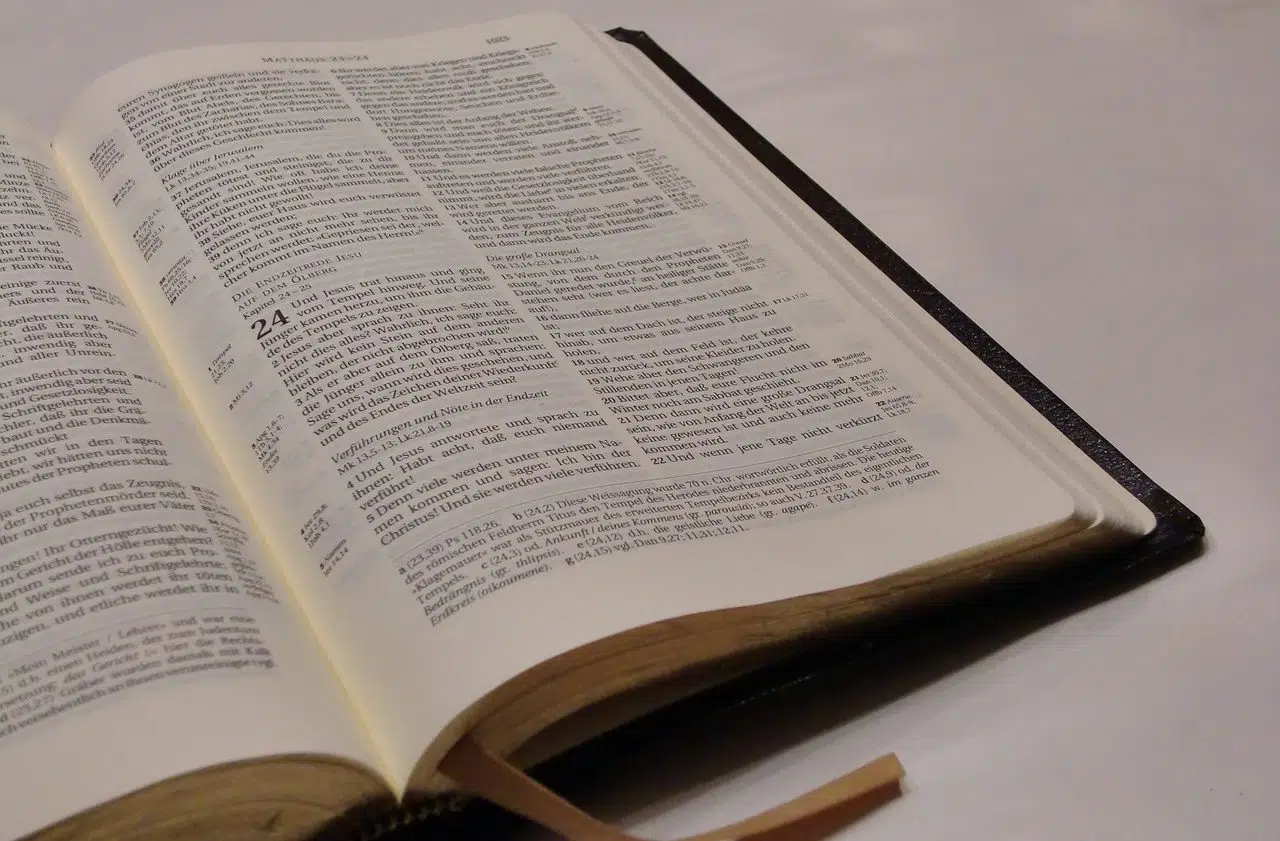
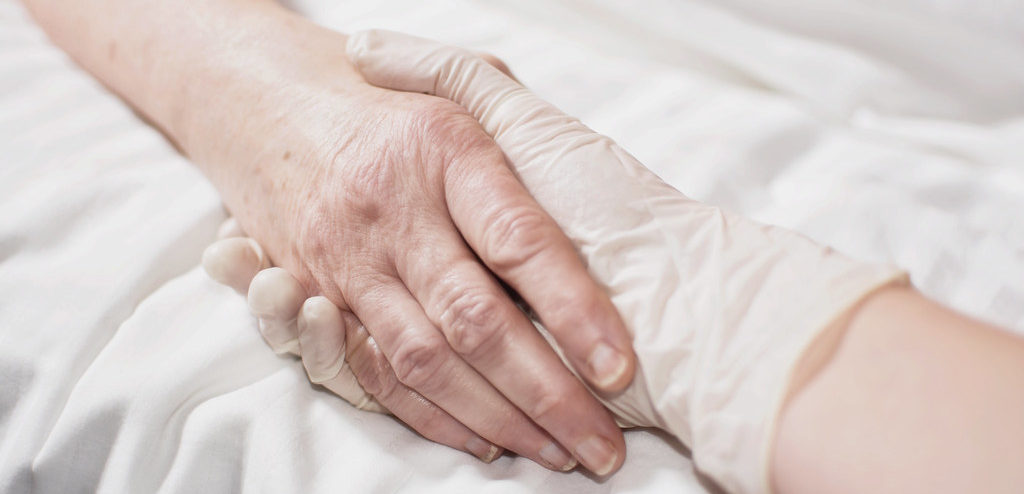
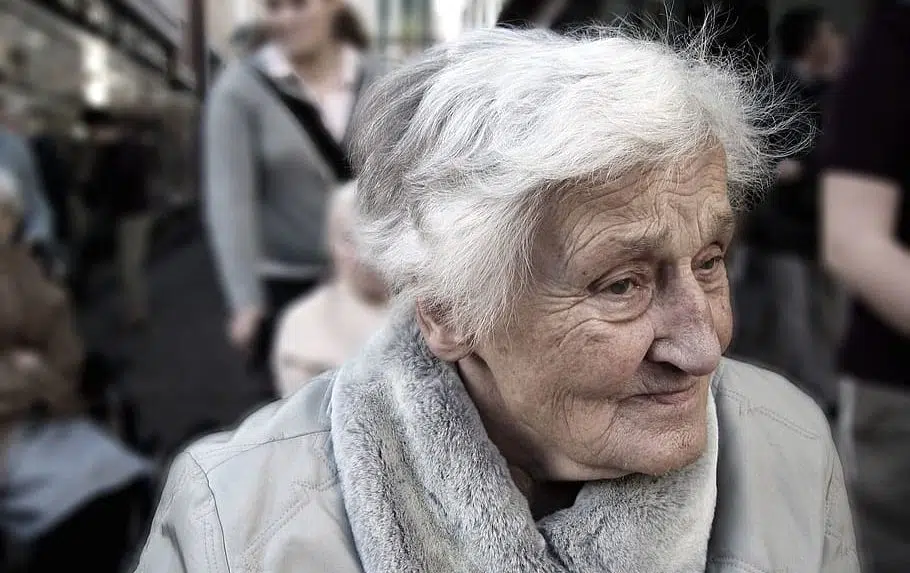
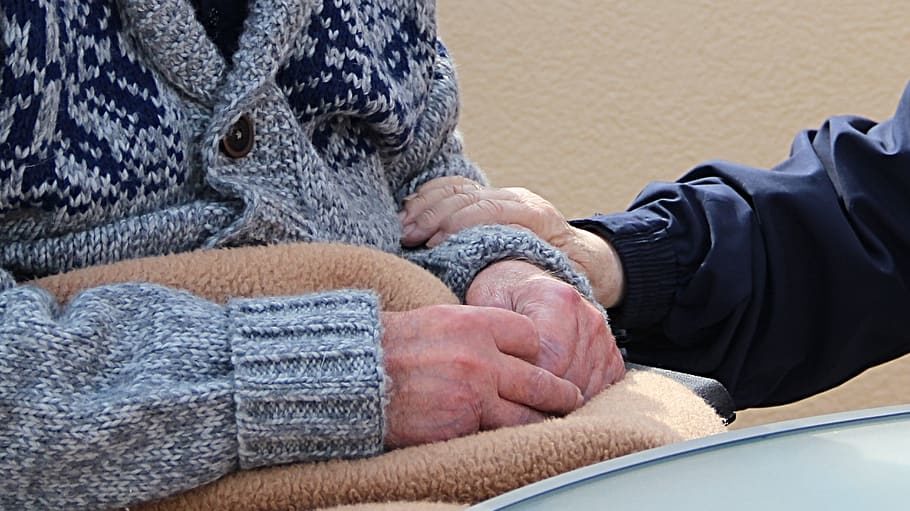
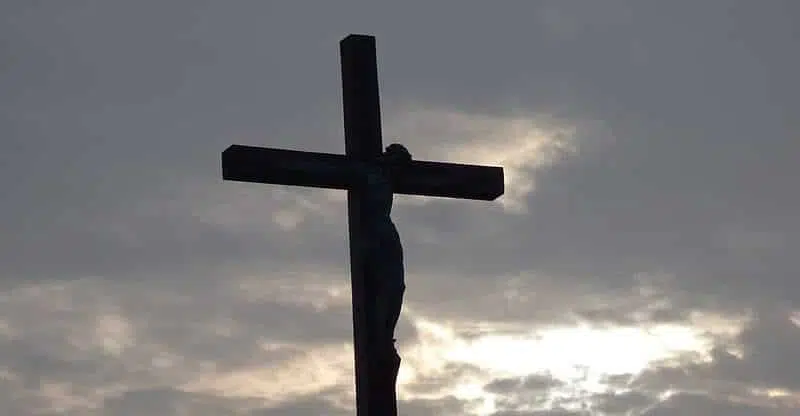
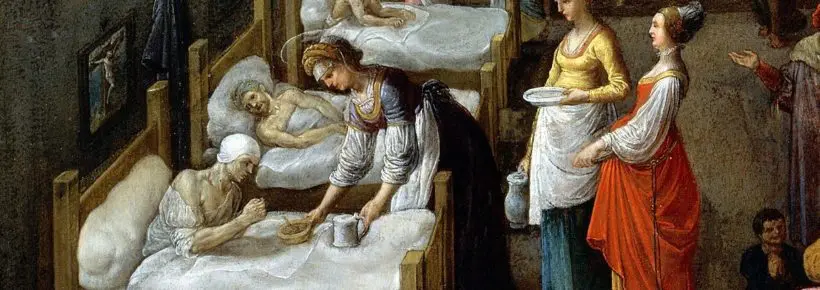
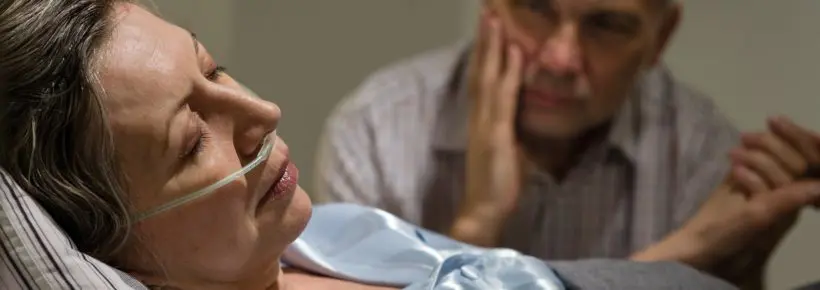
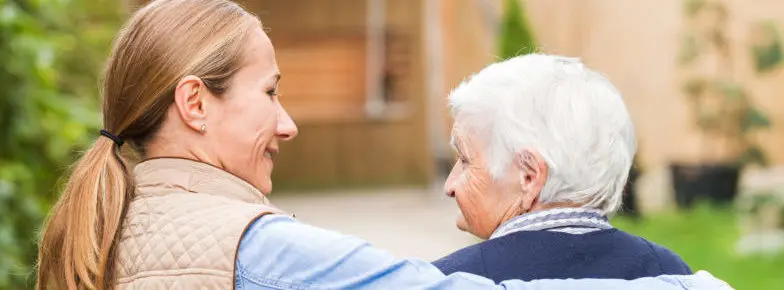


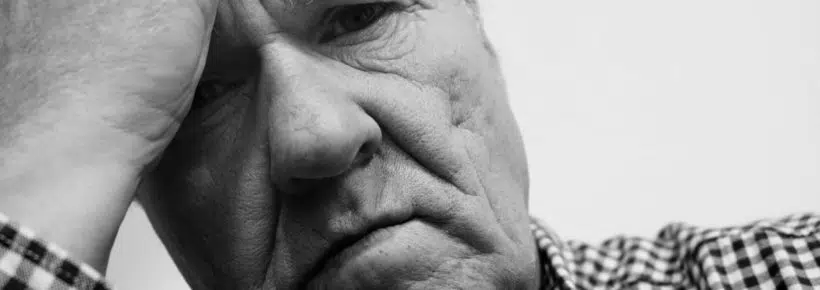
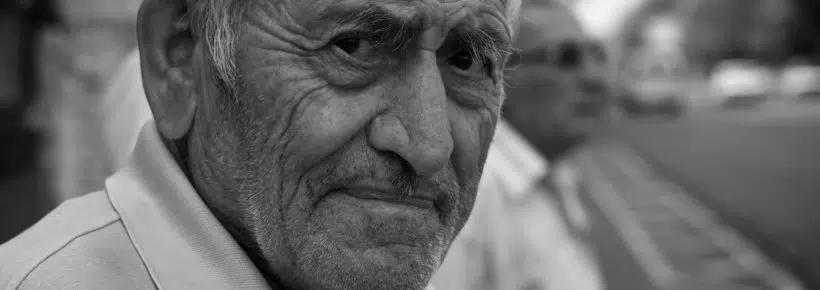
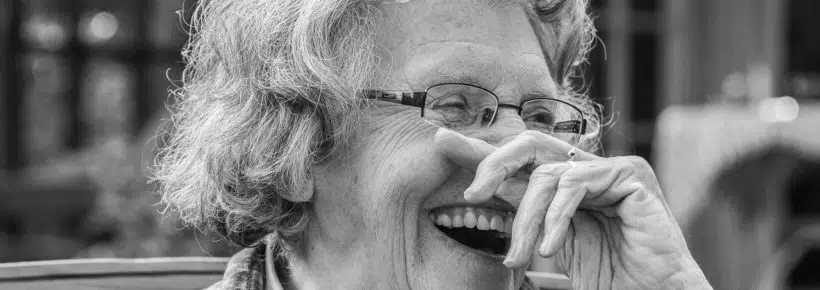
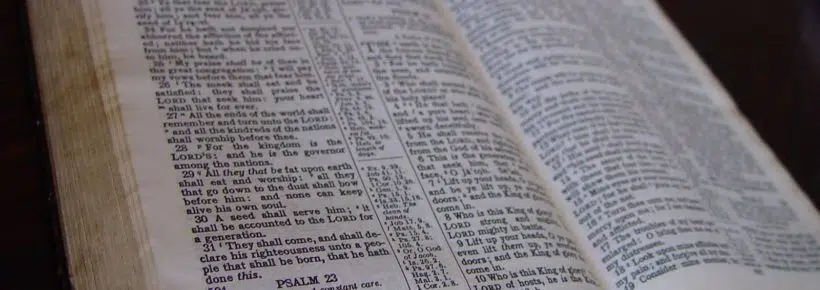

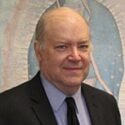
Having just watched a film on one elderly females journey with Euthanasia. The dr hovering over an intelligent woman, who, in her own words said, she would not go through with it had she had an alternative. A waste of a human life. A much loved mother and grandparen. My take on the elderly who choose this are the lack of options society offers them to be confident they won’t be disposed of as they age. That they have agency and support. To equate humans as higher than animals does humanity a disservice also. Many other creatures today are more loving to their own, than humans are to each other. Doubt comes from fear.